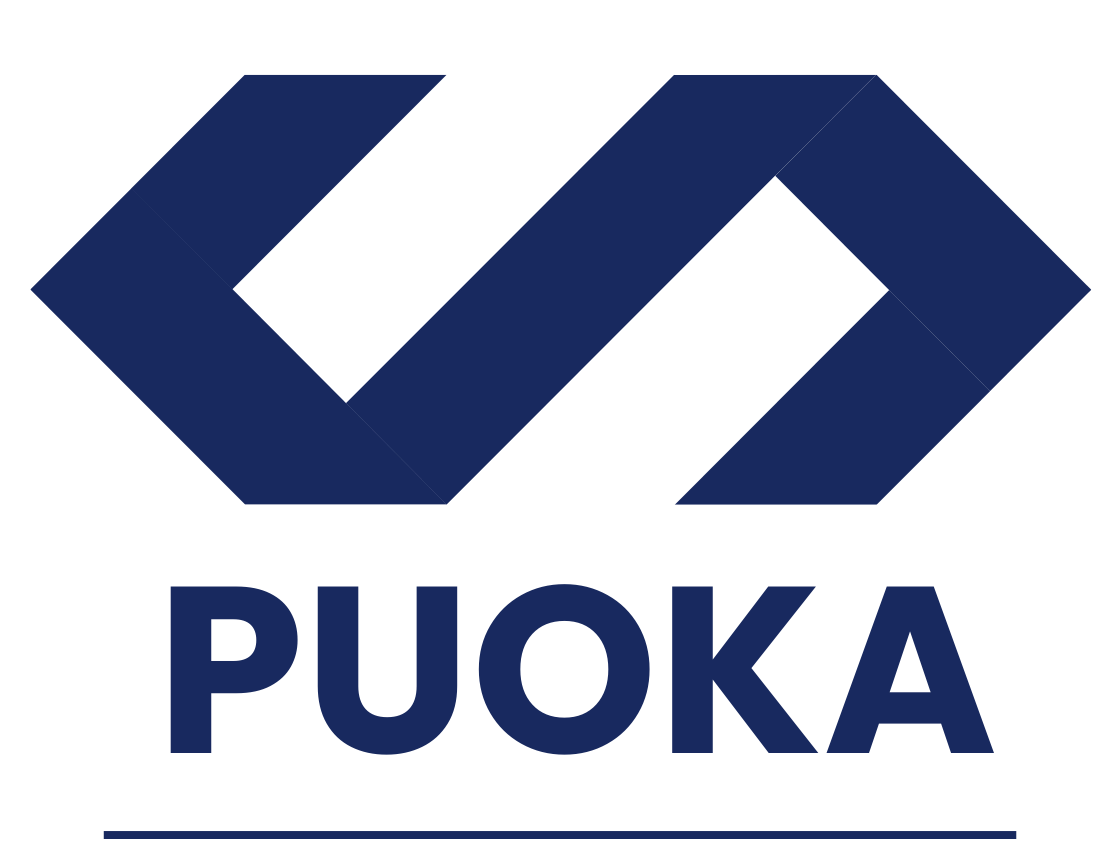TLDR
- First Abu Dhabi Bank (FAB) partners with Libre Capital for blockchain-based lending using tokenized assets as collateral
- Libre has issued approximately $150 million in tokenized versions of major investment funds
- The pilot program will allow approved lenders to use RWA tokens as collateral for stablecoin lending
- Project operates across multiple blockchain networks including Ethereum, Polygon, and Solana
- The initiative is part of Libre’s “Project HODL” for optimized decentralized liquidity
First Abu Dhabi Bank (FAB), a leading financial institution with assets of $335 billion, has entered into a partnership with Libre Capital to launch a blockchain-based lending program using digital tokens as collateral. The collaboration was formalized through a Memorandum of Understanding (MoU) signed in the United Arab Emirates.
The new initiative enables approved lenders to use real world asset (RWA) tokens as collateral for stablecoin lending. These tokens represent digitized versions of traditional investment products, including funds from established firms like Brevan Howard, Hamilton Lane, and BlackRock.
Libre Capital, which began operations in March 2024, has already issued approximately $150 million worth of tokenized assets. These include various investment vehicles, such as Brevan Howard funds, Hamilton Lane’s fixed-income products, and a BlackRock money-market fund.
The program operates across multiple blockchain networks, demonstrating its broad technological reach. These networks include Ethereum, Polygon, Solana, NEAR, Aptos, and Coinbase’s layer-2 network BASE, providing flexibility and accessibility for users.
The initiative falls under Libre’s “Project HODL,” which stands for High-Yield Optimized Decentralized Liquidity. This project aims to create new utility for assets under management through collateralized lending mechanisms.
Dr. Avtar Sehra, founder and CEO of Libre, explained the technical aspects of the program.
“We’ve been working on adding utility to our AUM in the form of collateralized lending,” he said. “It’s an on-chain infrastructure that allows these RWAs to be used as collateral.”
The lending process operates exclusively in stablecoins rather than traditional fiat currency. This approach aligns with the digital nature of the platform and provides a streamlined process for transactions.
Libre Capital brings strong backing to the project, with support from Brevan Howard’s WebN Group and Nomura’s Laser Digital. These established financial institutions provide additional credibility to the initiative.
The company has already shown its commitment to expanding the use of RWA tokens. In September 2024, Libre proposed using its blue-chip RWA tokens as collateral on the MakerDAO forum, demonstrating their broader vision for the technology.
FAB’s involvement represents a major step forward for the adoption of digital asset lending in traditional banking. As one of the largest banks in the Middle East, their participation could influence other financial institutions in the region.
Sameh Al Qubaisi, group head of global markets at FAB, emphasized the bank’s commitment to innovation through this initiative. The program includes automated processes designed to ensure proper risk management and regulatory compliance.
The partnership creates new opportunities for holders of crypto assets who want to use their tokens as collateral. This practice has become increasingly popular in the cryptocurrency space, and FAB’s involvement brings traditional banking infrastructure to support it.
The technical implementation includes credit lines provided through existing lenders, such as broker dealers and Laser Digital. FAB’s role involves handling liquidity through lending credit lines on Libre’s assets across various blockchain networks.
The program’s structure maintains regulatory compliance while introducing innovative lending practices. This balance between innovation and security reflects the careful approach needed in financial technology development.
The most recent development in this initiative is the formal signing of the MoU, which sets the stage for the pilot program to begin operations. FAB will start by providing credit lines to approved lenders who can use Libre’s tokenized assets as collateral.








